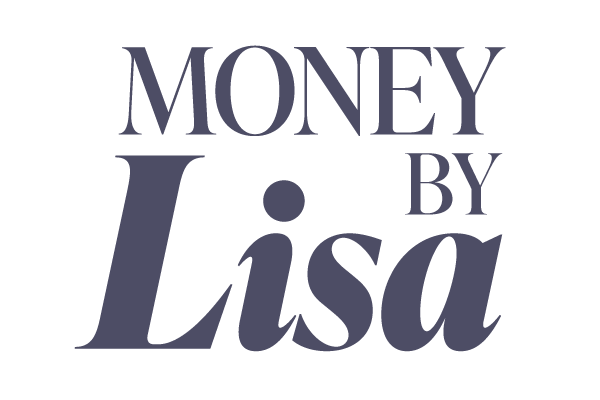Extend & Pretend
So now Apple is getting in on the Buy Now Pay Later (BNPL) game. Which is great, because it gives me the opportunity to talk about the ongoing developing country Chinese debt crisis.
In short, many countries (Zambia, Sri Lanka, Angola, to name but a few) have borrowed enormous sums of money from China over the years as part of the Chinese Belt and Road Initiative to finance infrastructure projects. Frankly, it was never likely to end well, but enter Covid and things have come to a head faster than predicted. And so as a result, the Chinese government is furiously restructuring the debt that is owed to them to stave off politically nasty defaults.
For those students of international debt, this is all reminiscent of the problems faced by the World Bank years ago. Their response was the same as China’s is now, what international finance geeks then called “extend and pretend.” Move out the due date of existing loans by replacing them with new loans with a later maturity date. None of this actually solves the problem of course, but it does leave it for another day in the hopefully more comfortable future.
You see where I am going, right? BNPL is the Chinese debt crisis made just for us!
Look, I have no problem with BNPL if the choice is between that and carrying a high interest credit card balance for a much-needed purchase. But is it really? The reason BNPL has taken off like wildfire is that it encourages purchases that one would not otherwise make. It’s not the difference between paying no interest or high interest; it’s the difference between making or not making the purchase at all. Apple’s entry is especially dangerous because of the ubiquity of Apple Wallet on our phones and the ease of its use. The barrier standing between me and a very expensive Bordeaux has just been reduced to zero.
Heresy alert: I do not believe in frugality as a goal. I do, however, believe in mindful spending. Bringing the entirety of your consciousness to your priority financial decisions. The problem with BNPL — and particularly automatic BNPL on a smartphone — is that it encourages, well, mindlessness. Spending more, and more often, than you would have otherwise, is the entire business model of BNPL.
Needless to say, I will not be enabling the BNPL option in my Apple Wallet. Because while I am pretty mindful, I can’t always resist a good red wine.
(Hey, I’d love to be in touch with you regularly. My free newsletter contains this blog, as well as other articles by myself and others. Please consider subscribing by visiting the MoneyByLisa home page.)
